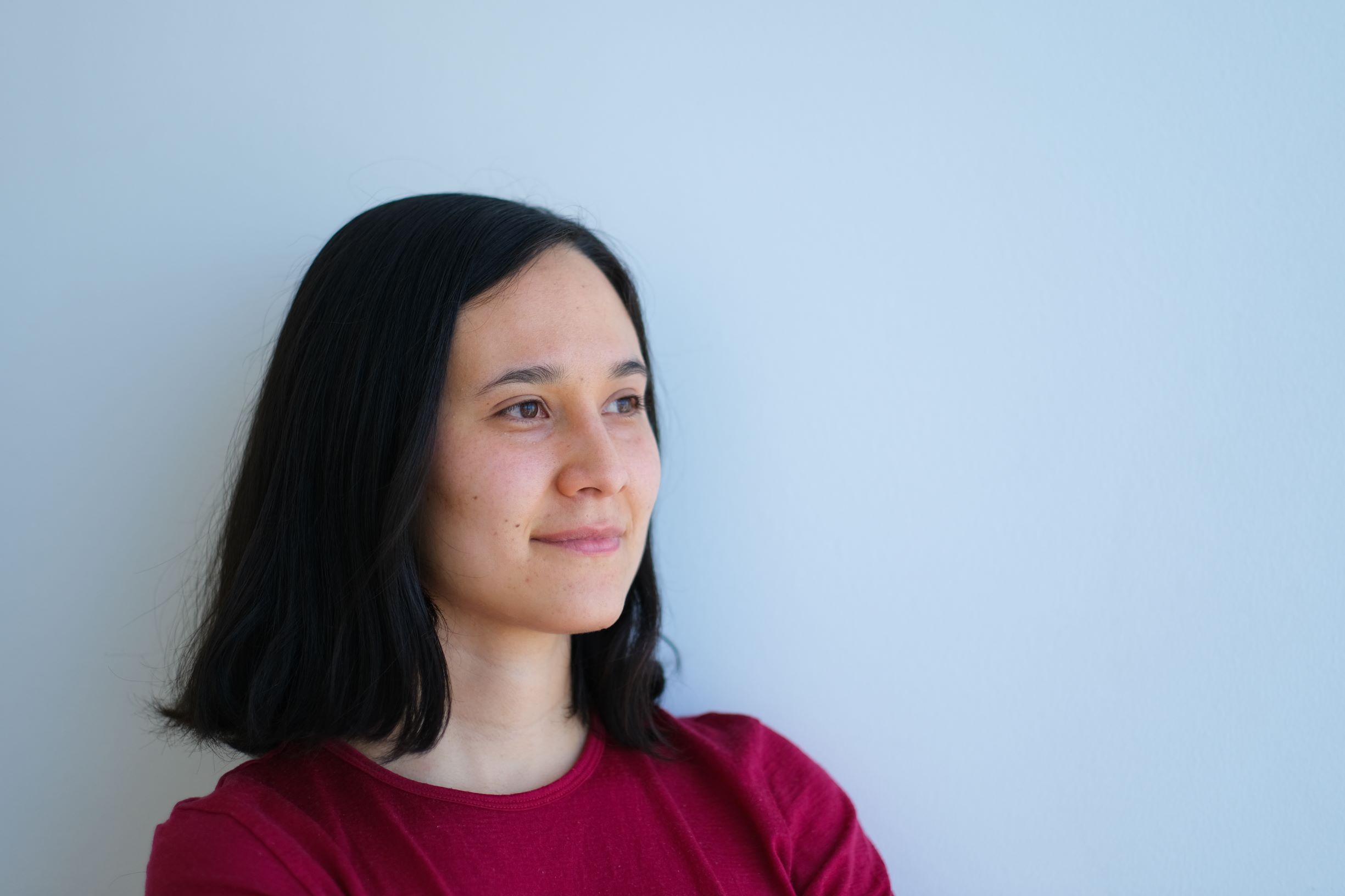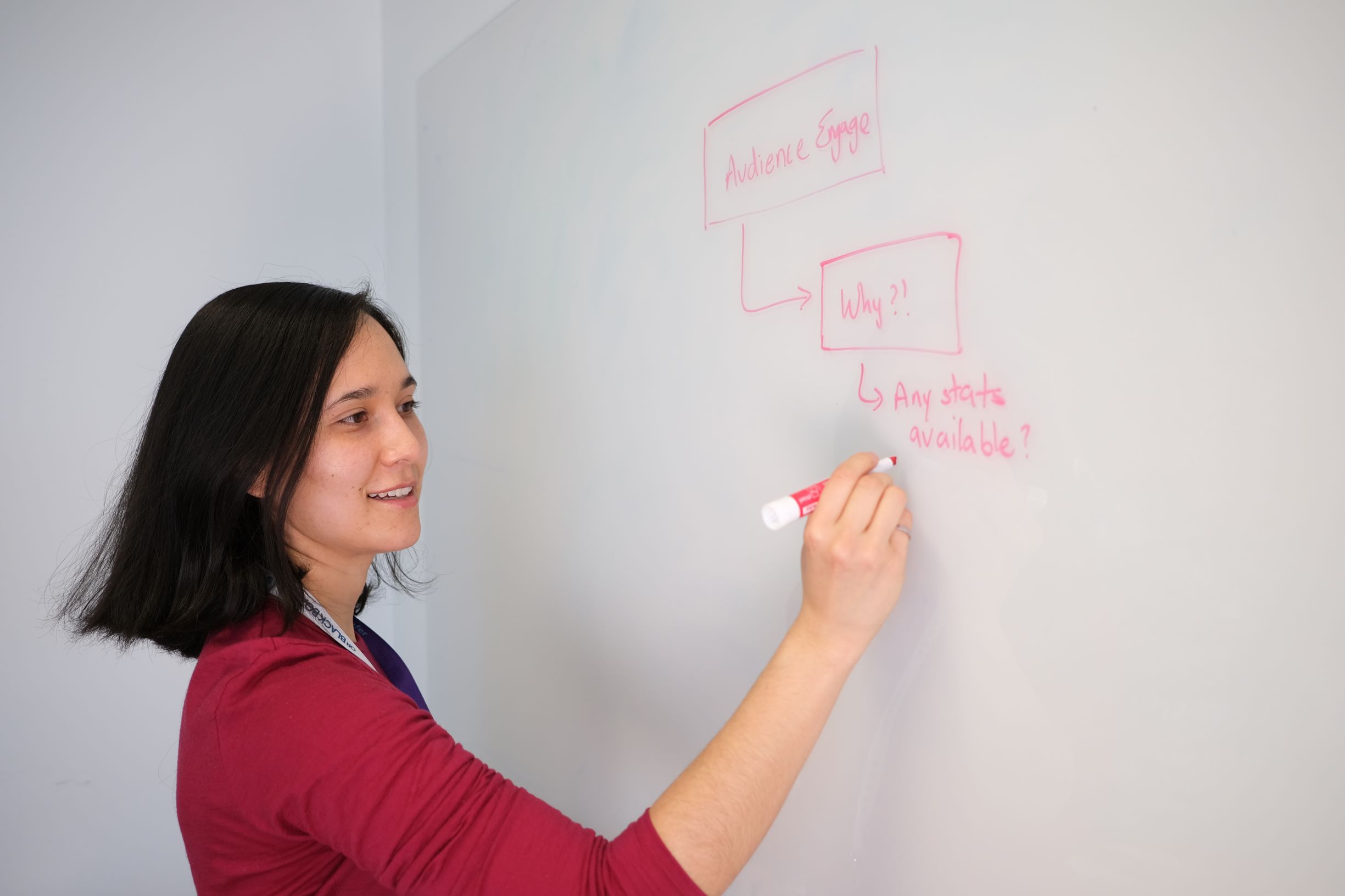Communication is an important skill for all engineers to develop because it doesn’t matter if you have the best idea out there, if you cannot convey this to others, specially those that can make that idea come true, that idea stays as just that – an idea. It takes a team of diverse skills to make innovative solutions a reality and one of the keys for success is good communication.
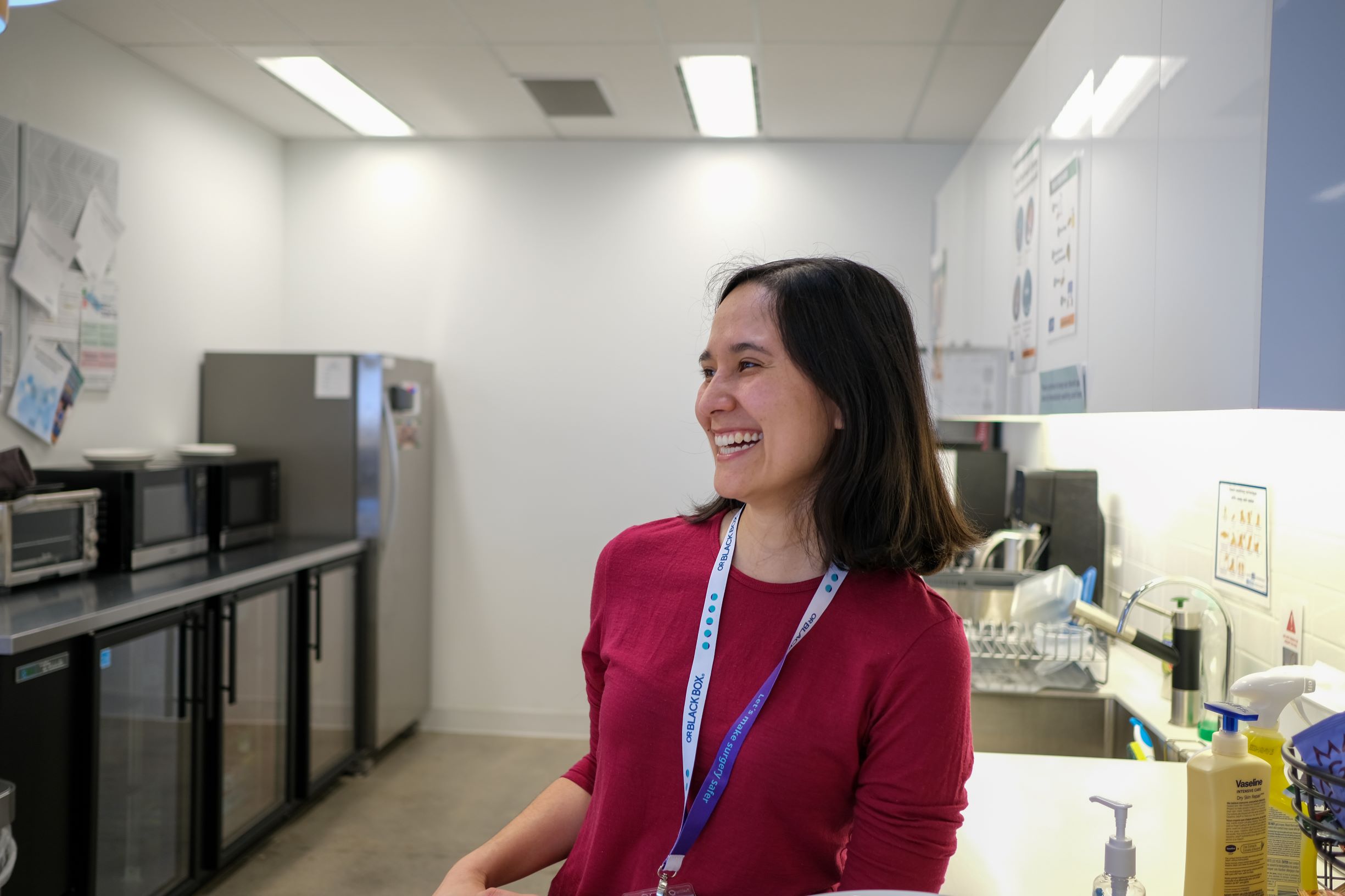
I think there is a stereotype that engineers are not creative folks. That they are very rigid and unfriendly, monotone, and unfeeling. I think that is very damaging. To be honest I think all stereotypes can be damaging. We engineers are fairly multidisciplinary, and our lives are not all math and numbers.
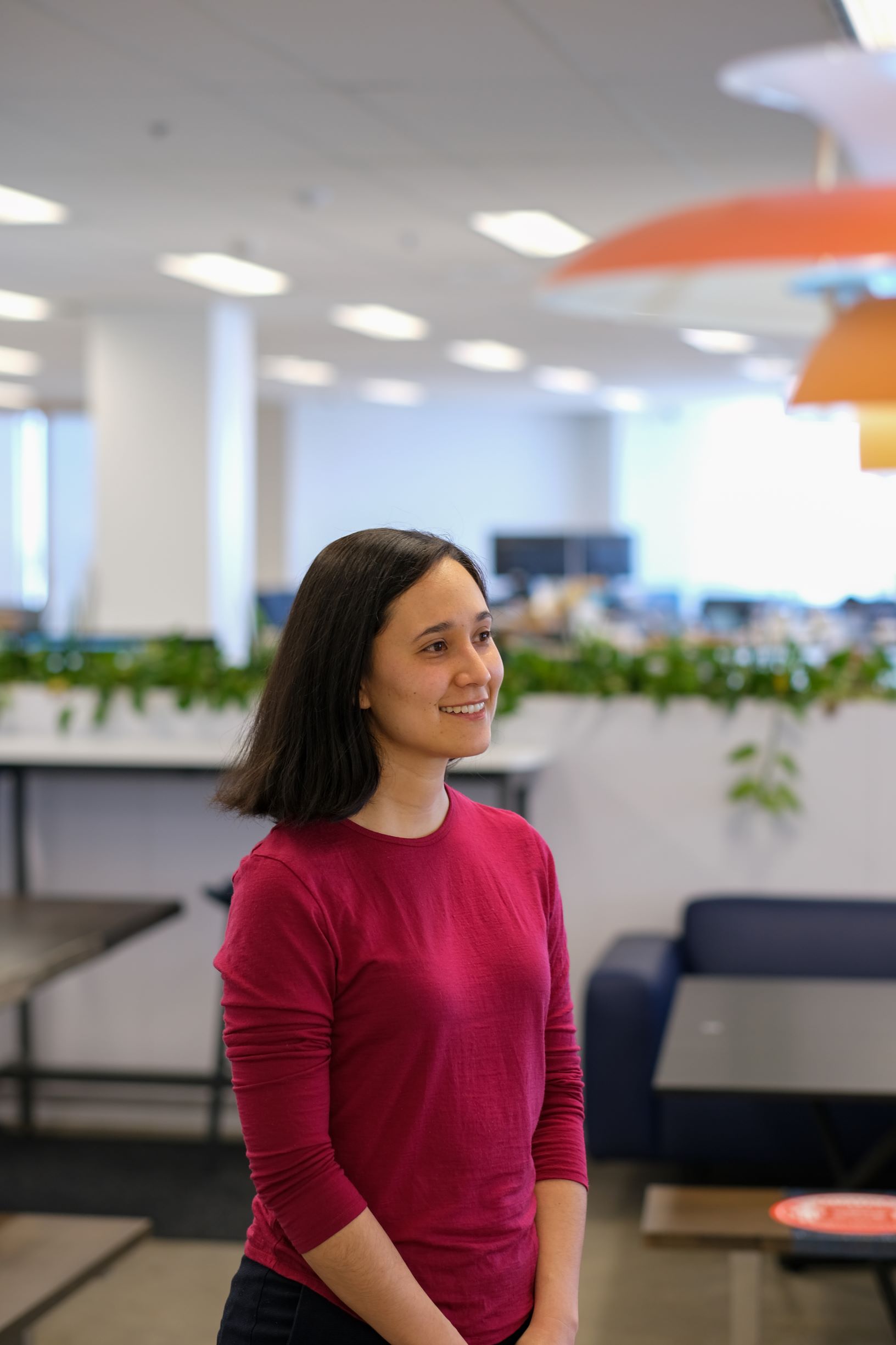
I really thrive in the unknown. Yes, it is terrifying and overwhelming, but from what I have seen, what the most successful engineers do in anything that they apply themselves in, is to be okay with not knowing and still pushing ahead. And I continue to strive for that. I think a lot of times we’re taught that we have to be perfect, that we have to be the experts in our field, that we have to know all the answers, but that is impossible. Asking for help and finding those who can help you find the answer is also an important skill for engineers.
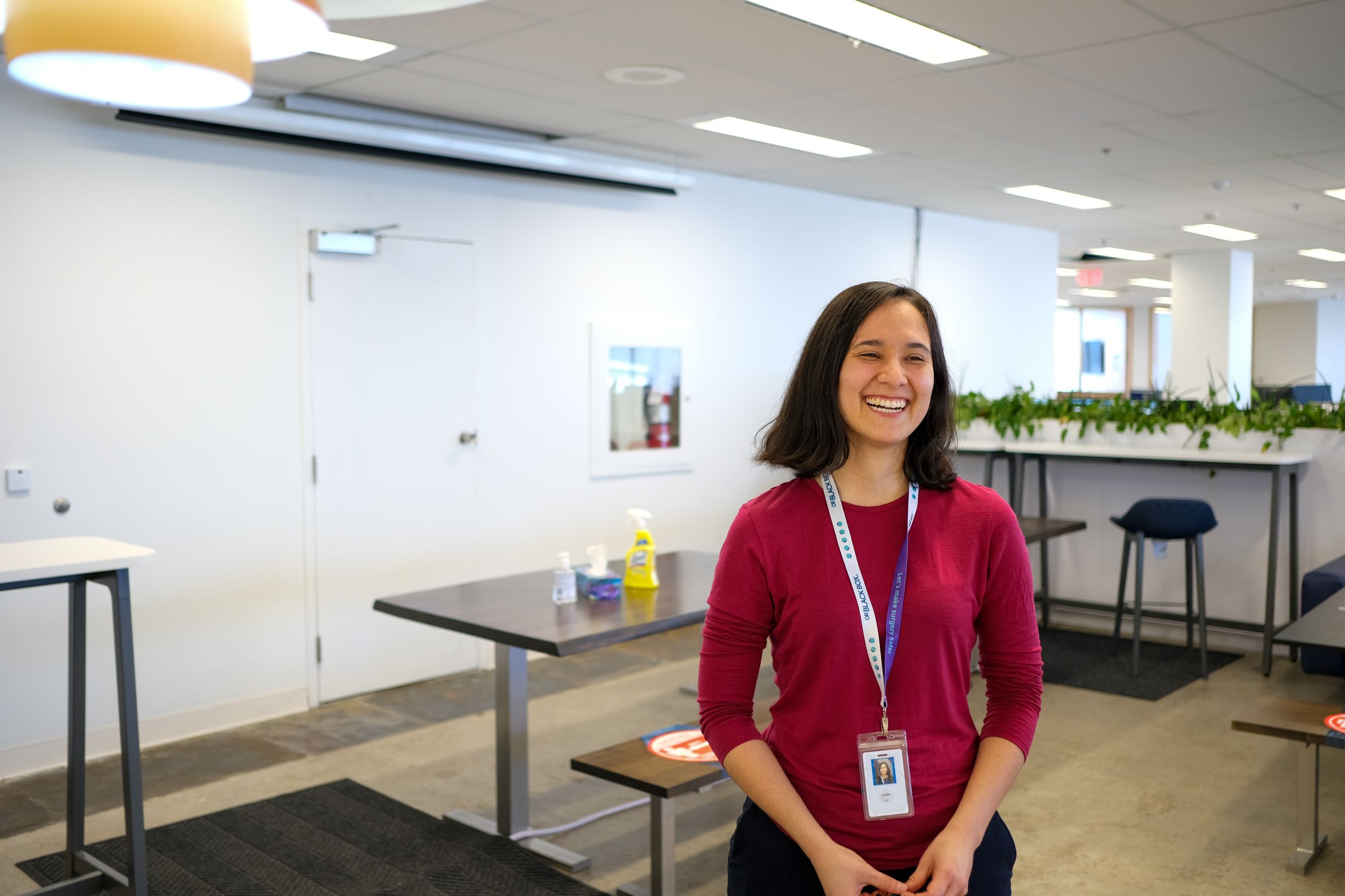
When asked whether I see myself as a researcher or engineer, I struggle with this answer. I would lean towards engineer because is what I have most widely practiced, but I don’t think we should be asked to choose one over the other. My experience as a researcher for my master’s exposed me to those who practiced both engineering and research daily, and now I want to continue pursuing research opportunities in my clinical engineering career. I think that is another stereotype that has to be addressed, we have to stop putting people into buckets, the reality is much more diverse than that.
